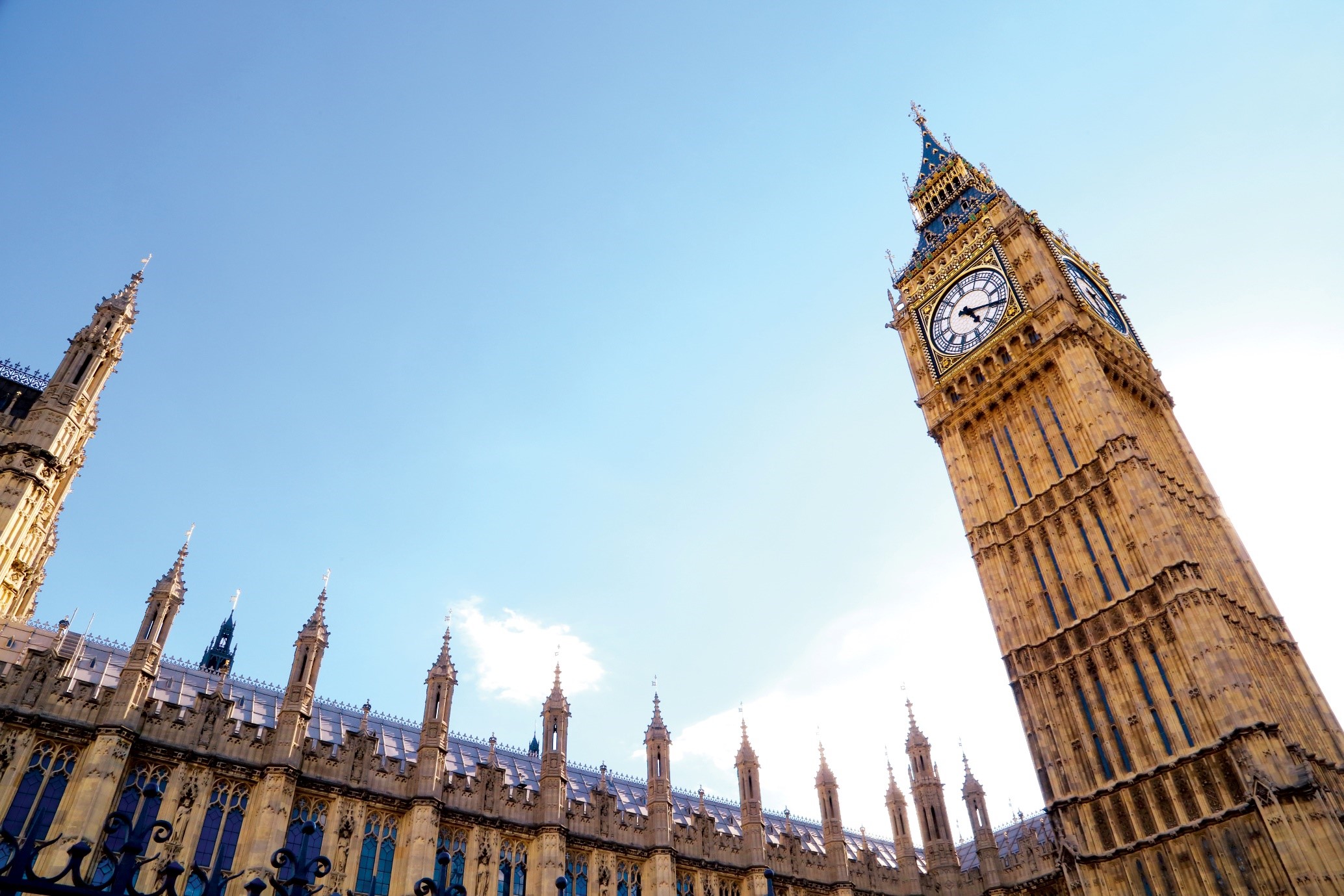With the UK general election now happening on 04 July, the possibility of a Labour victory brings potential changes to tax rates and allowances. As party manifestos remain unpublished, it's crucial to take advantage of existing tax breaks that may be at risk of alteration or elimination by a change of Government.
Here are four essential financial planning steps to consider ahead of the upcoming election:
1. Make the most of changes to Annual and Lifetime Allowances for pensions
The annual allowance for pension contributions (the amount that can be paid into a pension each year without paying tax) was increased from £40,000 to £60,000 for the 2023/24 tax year. Given the likelihood of a Labour government and the potential for this allowance to be reduced, it's prudent to capitalise on the current 50% increase by contributing as much as you can afford to your pension.
The lifetime allowance (LTA) was abolished from April 6 2024. The Labour Party criticised the measure and said they would reintroduce the LTA should they be elected. Despite the political rhetoric, the uncertainty surrounding post-election pension contributions means the wisest course of action is to bolster your pension now while you can.
2. Make full use of your CGT allowance while you can
The Capital Gains Tax (CGT) allowance (the maximum tax-free capital gain you can make from selling an asset) was recently halved to just £3,000. Investors should consider making full use of the current tax free allowance in case it’s further reduced by an incoming Labour Government.
An actual increase in the CGT rates is another fear for investors. Higher rate taxpayers currently pay a 40% tax rate on income above £50,271 – but only 24% for capital gains on property and 20% for gains from shares. The disparity has fuelled persistent rumours that Labour could raise CGT rates to match income tax rates.
If you were considering taking a profit from any investments that you have (e.g. property, cryptocurrency, shares or stocks), it’s wise to utilise the current tax-free allowance before potential rate increases.
3. Take advantage of the reduced top rate of CGT on Buy-to-Let properties or holiday homes
The sale of property in the UK that is not your main residence is subject to Capital Gains Tax, which is calculated on the difference between the price the property sold for and what you originally paid.
The recent Spring Budget saw the Chancellor reduce the top rate of CGT for property sales from 28% to 24%. The top rate of CGT applies to higher and additional rate taxpayers. The reduction in the top rate of CGT drew rebukes from the Labour Party – raising questions of how long the reduced rate will survive post-election. Property owners, particularly higher rate taxpayers, should consider selling properties before the election to benefit from the current lower rate.
The Government also recently announced it will be abolishing the Furnished Holiday Lets regime for 2024/25. The regime currently allows owners to sell properties at a lower 10% rate under business asset disposal relief.
A four-point CGT reduction is a substantial saving for sellers and that saving may have a short shelf-life. Property owners should be keenly aware that tax rates may go back up after the election.
Furthermore, owners of holiday lets, such as Airbnb properties, have less than a year to take advantage of the significantly lower tax rate on property sales.
4. Utilise your full ISA allowance
The full ISA allowance for the 2024/25 tax year is £20,000. The Labour Party has stated that they intend to “simplify the ISA landscape”, though they haven’t yet provided details on their ISA policy.
ISAs provide another way for people to save tax-free. Married couples can contribute up to £40,000 a year. There are many different types of ISA so it’s crucial to involve your financial advisers early and find the ISA that provides the best suits your investment objectives and your risk profile.
The uncertainty of potential changes under a new government underscores the importance of fully utilising your ISA allowance while you can.
How can we help
With potential changes on the horizon, proactive financial planning is essential. At LFWM, we are dedicated to helping you navigate these uncertain times and secure your financial future. Get in touch with our Director, Andrew Tricker (andrewtricker@lfwm.co.uk) or Chartered Financial Planner, Gorkem Barron (gorkembarron@lfwm.co.uk).

